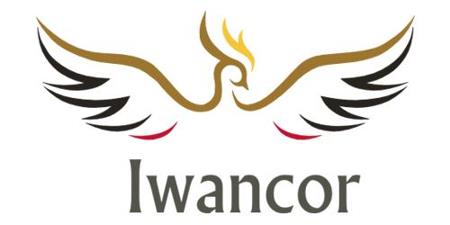This Very Neat and Secure 2 Bedroom Duplex with own private Garden Selling for a Song in the Heart of Birchleigh !
Offers Welcome !
This specific property forms part of an Insolvent Estate and a Mandatory 10 % deposit of amount offered must be presented alongside accepted offers or as per the request by the administrative appointed individual by the Master of the High Court upon acceptance of your offer.
The Deposit is by order of the Master of High Courts appointed Trustee/Liquidator and is non- negotiable.
Do you meet the deposit requirements and do you wish to view this property?
O% Commission is payable Purchaser.
This property is selling under market value due to the fact that some aspects might need reparations or just the fact that it needs an overhauling is enough
motivation to make this property as attractive as possible for you by lowering the price slightly to enhance activity to the maximum for the public audience, our most valuable asset, YOU, the buyer.
Insolvency in South African law refers to a status of diminished legal capacity (capitis diminutio) imposed by the courts on persons who are unable to pay their debts, or (which amounts to the same thing) whose liabilities exceed their assets. The insolvent`s diminished legal capacity entails deprivation of certain of his important legal capacities and rights, in the interests of protecting other persons, primarily the general body of existing creditors, but also prospective creditors. Insolvency is also of benefit to the insolvent, in that it grants him relief in certain respects.
In broad and everyday terms, a person is insolvent when he is unable to pay his debts. In legal terms, however, the test for insolvency is whether or not the debtor’s liabilities, fairly estimated, exceed his assets, fairly valued. Inability to pay debts is, at most, merely evidence, and in itself, of insolvency.
A person who has insufficient assets to discharge his liabilities, although he satisfies the test for insolvency, is not treated as insolvent for legal purposes unless his estate has been sequestrated by an order of court. A sequestration order is a formal declaration that a debtor is insolvent. The order is granted either at the instance of the debtor himself (voluntary surrender) or at the instance of one or more of the debtor’s creditors (compulsory sequestration).
The term “sequestration” should be used only with reference to a person’s estate. It is the debtor’s estate that is sequestrated, not the debtor himself. On the other by, both the debtor’s estate and the debtor himself may properly be described as insolvent.
When the word “insolvent” is used to describe a debtor, it carries two possible meanings—either
1.that the debtor’s estate has been sequestrated; or
2.that his liabilities exceed his assets.
The notion of “becoming insolvent,” therefore, has a wider meaning than “being sequestrated.” Note that amount advertised is merely a guideline and that all offers submitted and acceptance thereof lies solely at the discretion of the appointed Liquidator or Trustee of relevant estate.
Read more...







